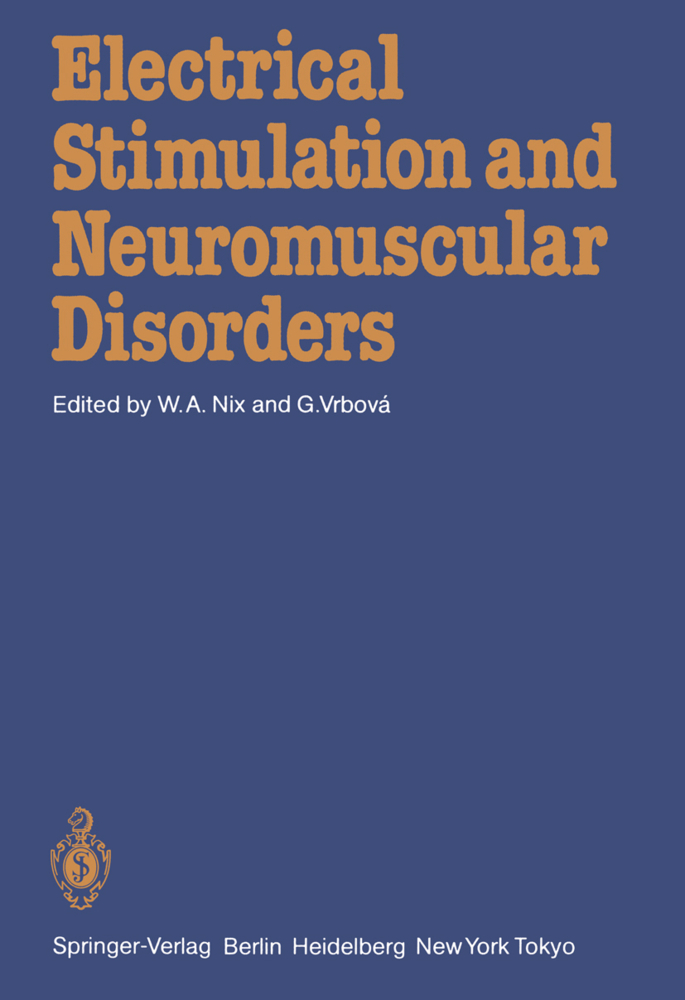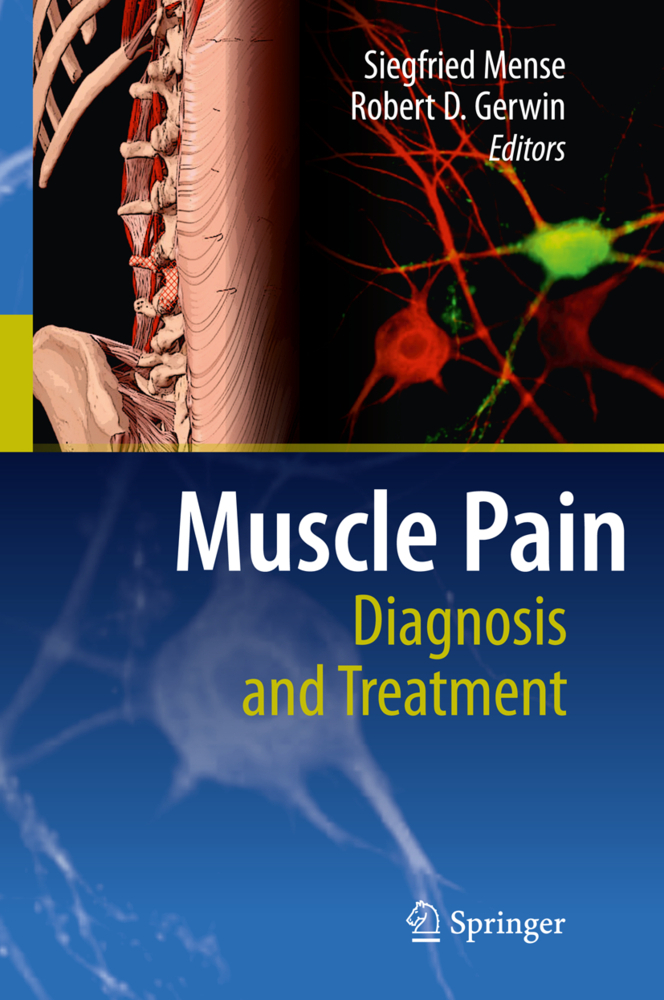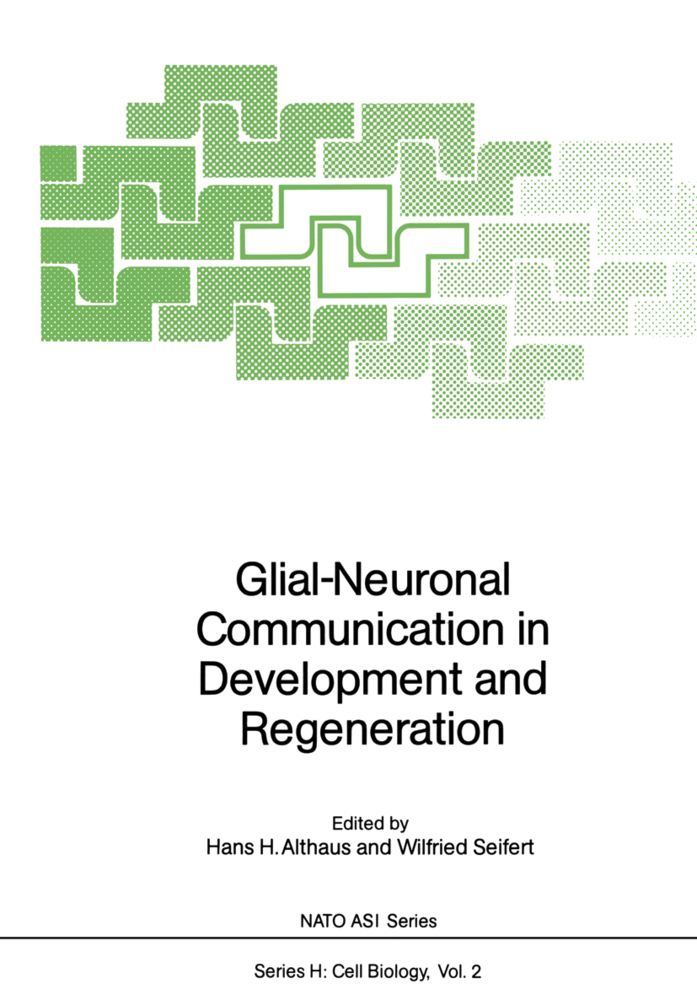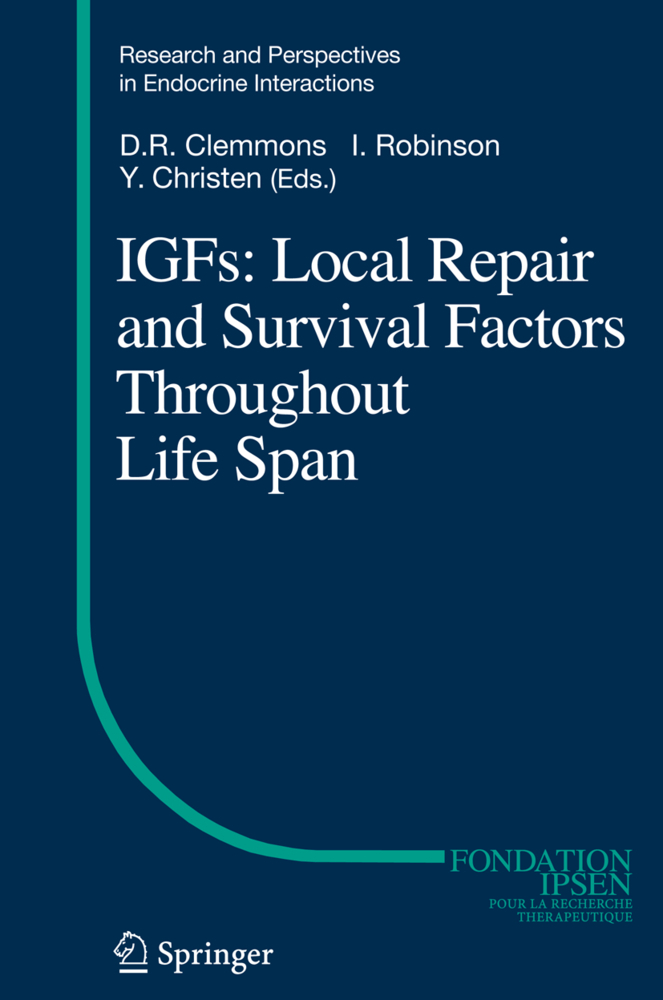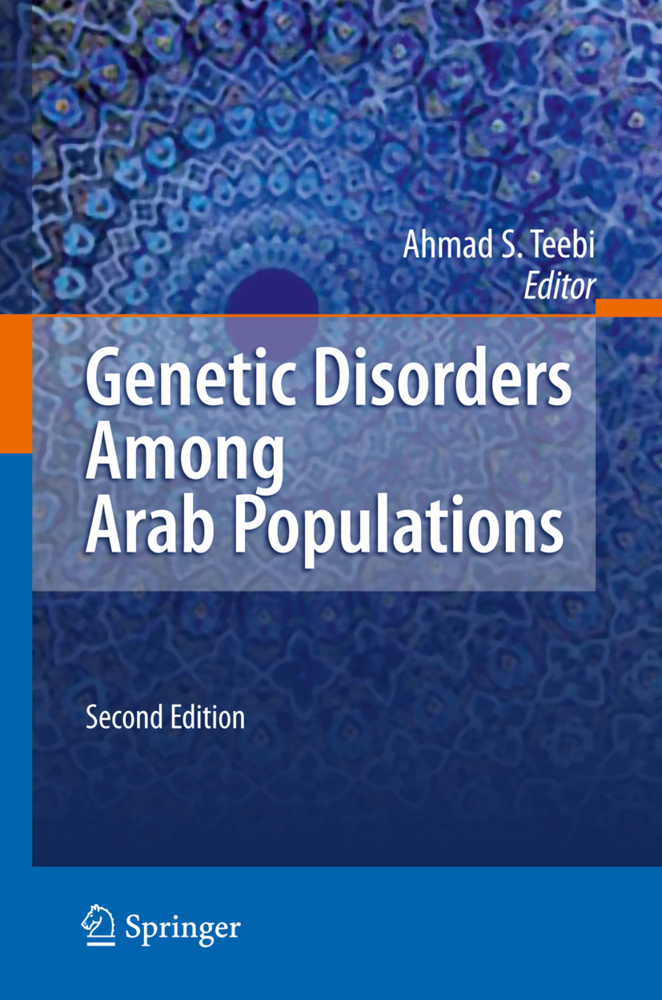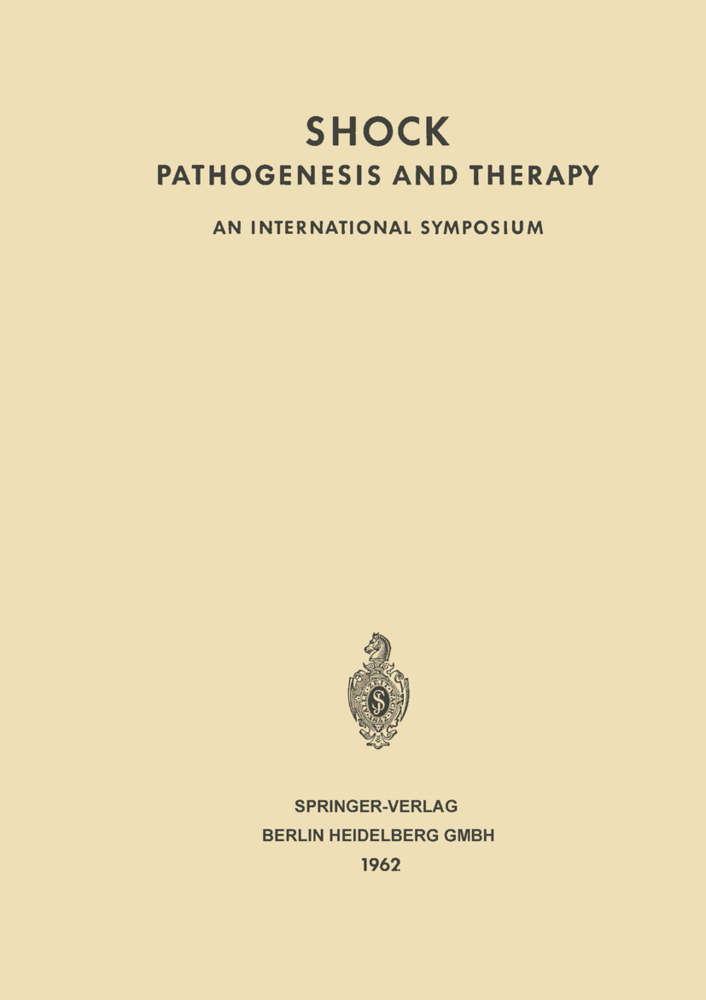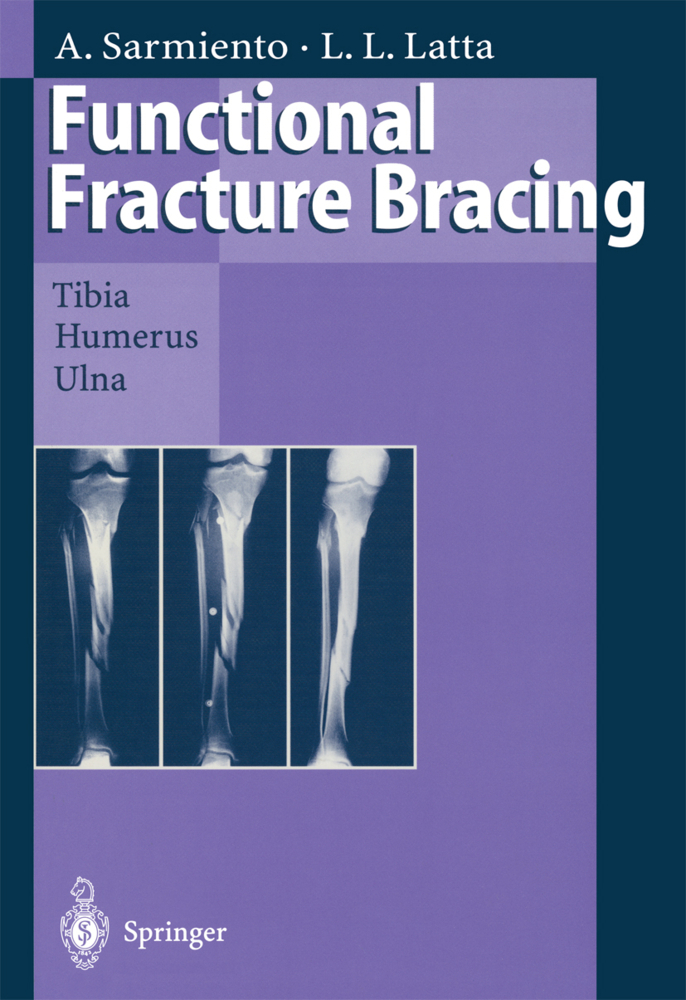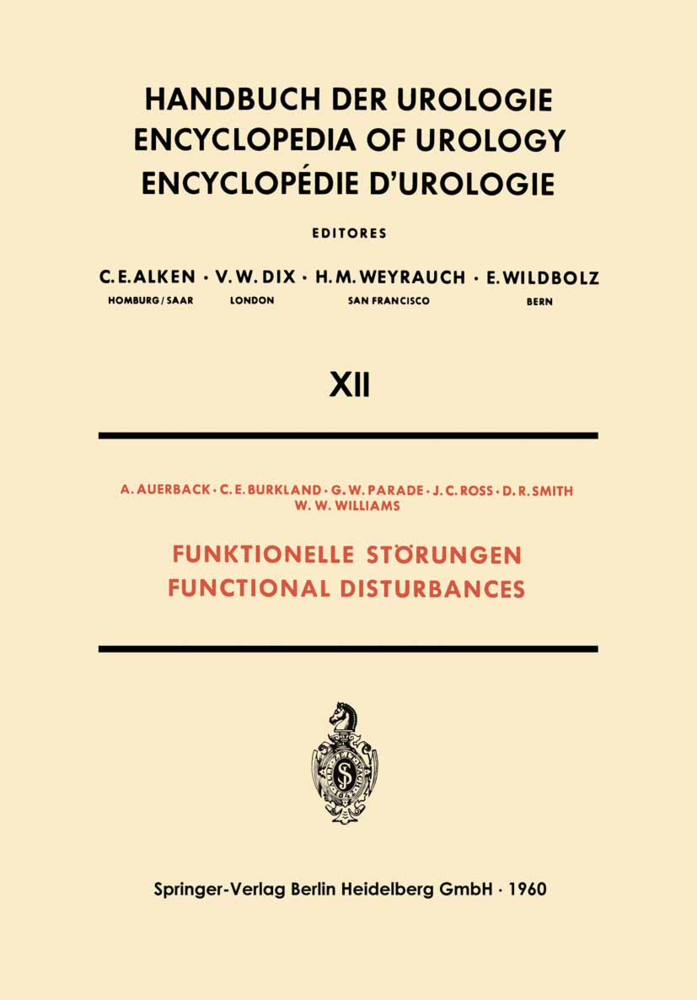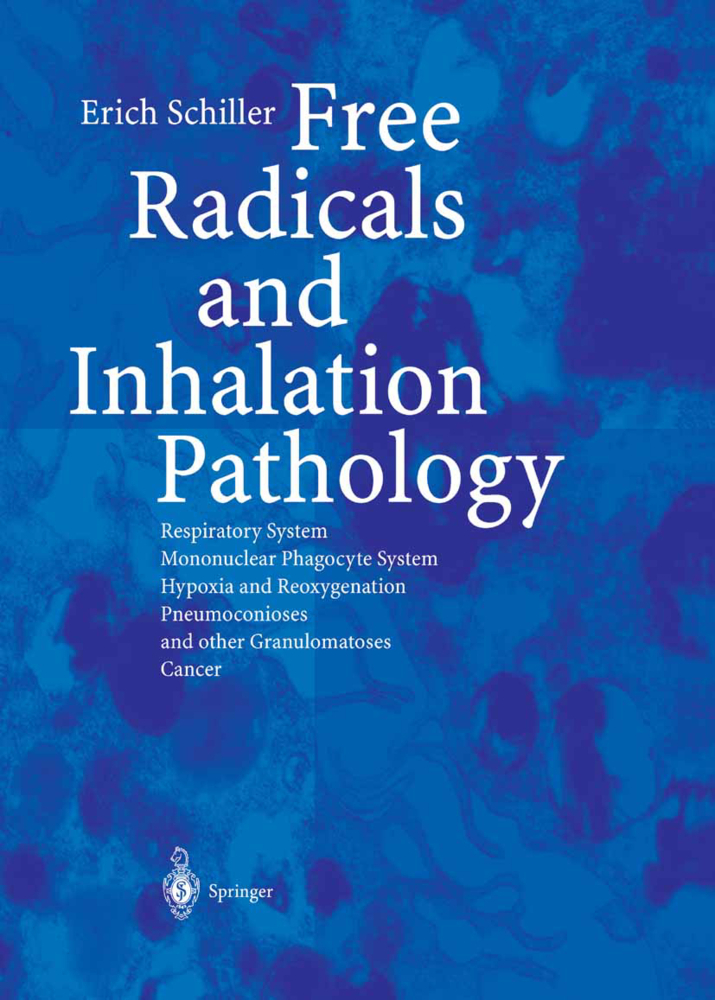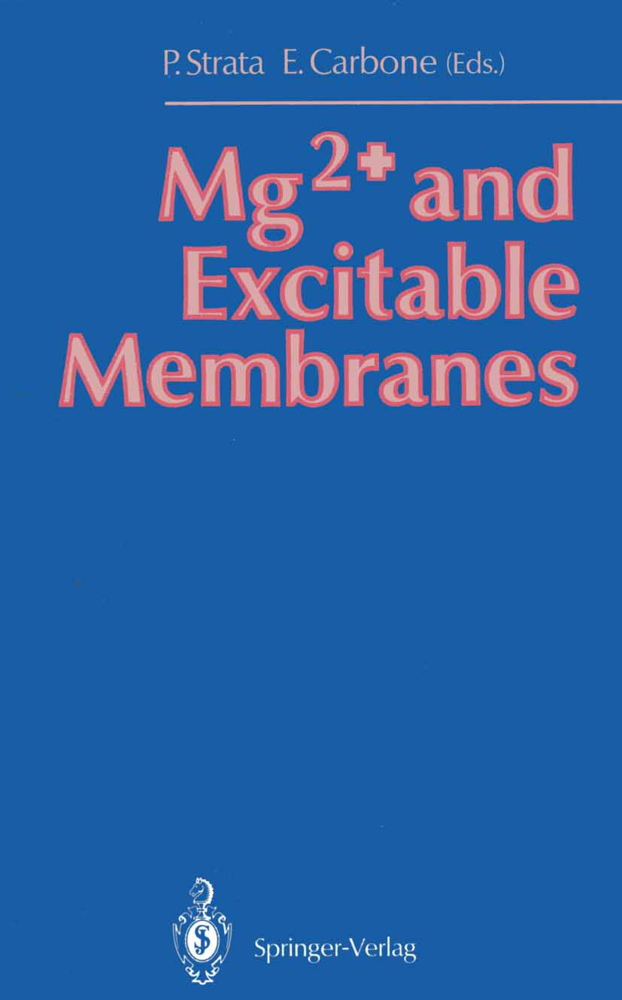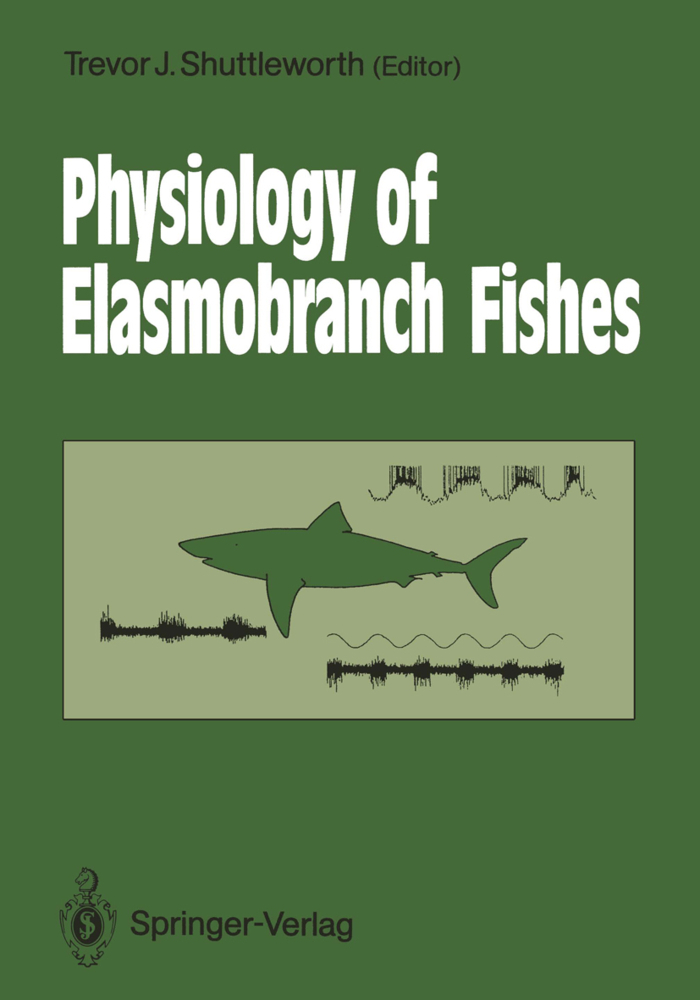Electrical Stimulation and Neuromuscular Disorders
Electrical Stimulation and Neuromuscular Disorders
In many cases of neuromuscular disorders the physician is faced with a complete lack of therapeutic approaches. This helplessness places the doctor in a position of conflict between his desire to help and his awareness that there is no treatment. In this situation it is tempting to indiscriminately use any procedure that avoids an admission of medical helplessness while satisfying the patient's demand for treatment. Electrical interventions are often used to avoid this situation. Due to the random use of therapeutic approaches it is not known what really happens. Presumptions and biased empirical observations have led to the exten sive use of different forms of electrical stimulation regimes in neuromuscular diseases. Due to this unsatisfactory situation it is necessary to know more about appropriate methods that are being used in particular disorders. The search for a better understanding of nerve-muscle interaction has shown that certain activity patterns can influence muscle. These experi mental results provide a rational basis for a possible therapeutic use of electrical stimulation of nerve and muscle. Previously most research has been conducted in normal tissue, and little is known regarding the re sponses of diseased muscle. In an interdisciplinary approach to this, it is our intention to present the current knowledge about basic principles of electrical stimulation in normal muscle. Before electrical stimulation can be accepted as a therapeutic tool, we felt it necessary to summarize the effects of activity in normal and diseased muscle and nerve.
Skeletal Muscle Adaptation in Response to Chronic Stimulation
The Effect of Long-Term Electrical Stimulation on Capillary Supply and Metabolism in Fast Skeletal Muscle
The Acetylcholine Receptor and Neural Control of Its Distribution
Factors Influencing Motor Nerve Growth
II. Repair Processes in the Peripheral Nervous System
Neural Activity and the Reorganization of Motor Units in Reinnervated Skeletal Muscle
Electrical Activity in Injured Peripheral Nerves
Assessment of the Regenerative Capacity of Peripheral Nervous System: Enhancement of Sprouting Capacity by Exogenous Gangliosides
Effects of Activity on Restorative Processes in the Autonomic Nervous System
III. Muscle Plasticity in Disease
The Role of Passive Stretch in Retarding Muscle Atrophy
Stimulation of Denervated Muscle. What Do Isometric and Isotonic Recordings Tell Us?
Effect of Electrical Stimulation on Denervated Muscle
Effects of Electrical Stimulation on Normal and Diseased Human Muscle
Treatment of Idiopathic Scoliosis with Daily Short-Term Electrostimulation.
I. Effects of Nerves on Muscle
The Role of Activity in the Development of the Mammalian Motor UnitSkeletal Muscle Adaptation in Response to Chronic Stimulation
The Effect of Long-Term Electrical Stimulation on Capillary Supply and Metabolism in Fast Skeletal Muscle
The Acetylcholine Receptor and Neural Control of Its Distribution
Factors Influencing Motor Nerve Growth
II. Repair Processes in the Peripheral Nervous System
Neural Activity and the Reorganization of Motor Units in Reinnervated Skeletal Muscle
Electrical Activity in Injured Peripheral Nerves
Assessment of the Regenerative Capacity of Peripheral Nervous System: Enhancement of Sprouting Capacity by Exogenous Gangliosides
Effects of Activity on Restorative Processes in the Autonomic Nervous System
III. Muscle Plasticity in Disease
The Role of Passive Stretch in Retarding Muscle Atrophy
Stimulation of Denervated Muscle. What Do Isometric and Isotonic Recordings Tell Us?
Effect of Electrical Stimulation on Denervated Muscle
Effects of Electrical Stimulation on Normal and Diseased Human Muscle
Treatment of Idiopathic Scoliosis with Daily Short-Term Electrostimulation.
| ISBN | 978-3-642-71339-2 |
|---|---|
| Artikelnummer | 9783642713392 |
| Medientyp | Buch |
| Auflage | Softcover reprint of the original 1st ed. 1986 |
| Copyrightjahr | 2012 |
| Verlag | Springer, Berlin |
| Umfang | IX, 147 Seiten |
| Abbildungen | IX, 147 p. 7 illus. |
| Sprache | Englisch |

